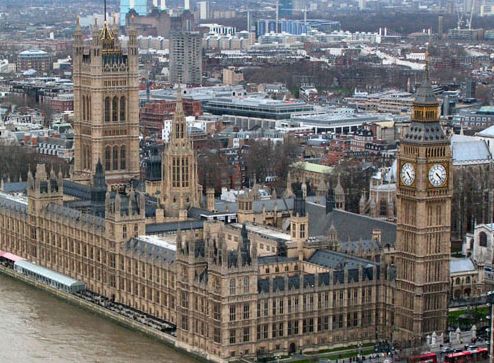Government White Paper Outlines Open Data Plans

Government says increased transparency will benefit the UK, but not at the expense of privacy
The government has released its Open Data White Paper which outlines how it plans to release and use public data to create a “more prosperous” United Kingdom.
Cabinet Office Minister Francis Maude said the aim was to make the data easier to use, protect privacy and be more efficient with its use.
“Today we’re at a pivotal moment – where we consider the rules and ways of working in a data-rich world and how we can use this resource effectively, creatively and responsibly,” said Maude. “This White Paper sets out clearly how the UK will continue to unlock and seize the benefits of data sharing in the future in a responsible way.”
Easy access
 The government has made more than 9,000 datasets available so far, covering areas such as health, transport, crime and justice, but additional legislation will be passed to strengthen people’s rights to this information.
The government has made more than 9,000 datasets available so far, covering areas such as health, transport, crime and justice, but additional legislation will be passed to strengthen people’s rights to this information.
In addition to continuing to produce statutory publication schemes under the Freedom of Information Act, all departments have published their first ever Open Data Strategies, which commit them to publishing more data. This will be made easier to use through an overhaul of data.gov.uk. Maude also said the aim was to make government departments more efficient and smarter with the data that public bodies hold and improve data sharing when it was in the public interest.
Earlier this year, the government appointed Jimmy Wales as a ‘transparency tsar’ to advise on such matters, and formed a new independent strategy board to help decide which public data should be published, according to the social and economic benefits it may bring.
The White Paper also outlined how the government intended to build trust in open data by safeguarding people’s data from misuse. Such concerns will be considered at the beginning of all discussions relating to the release of a new dataset. While the release of anonymised data may have some benefits, the government says it is essential for it to remain anonymised and for personal data to remain personal.
Privacy necessary
However the government should be doing more to ensure that such privacy is protected, said civil liberties and privacy campaign group Big Brother Watch.
“The public should absolutely have access to more data that is held by public services. However, this must not be a Trojan horse to allow personal information to be passed between government departments and into the wider [world] for spurious reasons,” said Emma Carr, deputy director of the group. “Given the government continues to refuse to enact custodial sentences for those who steal or abuse personal information, it is very dangerous to begin opening up and sharing sensitive datasets without this essential protection in place.”
“There is nothing easy about transparency. The formative years of open government will be tricky, difficult and uncomfortable at times. But the prize is effective, personalized 21st-century democracy, added Maude. “It’s a more prosperous United Kingdom where the public services on which we all rely are strengthened and improved. We are determined to ensure that all of us can reap the benefits of transparency and data sharing in the future. The future will be open.”
What do you know about open source? find out with our quiz!